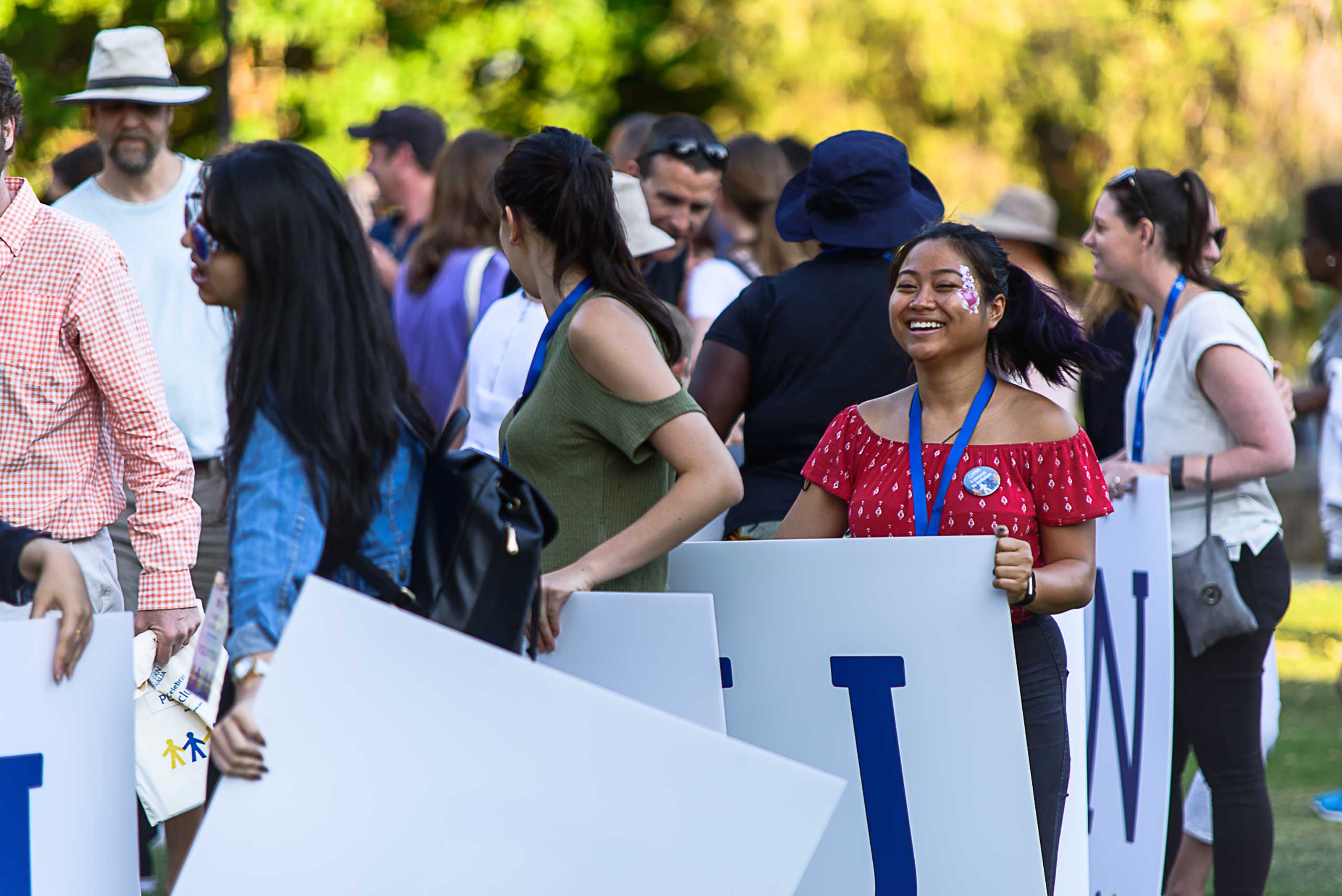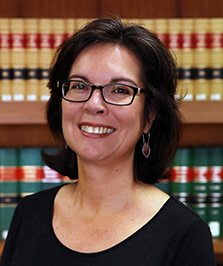I got into trouble a few years ago for some research I did demonstrating that people who fly Aussie flags on their cars for Australia Day tend to have more racist attitudes. Why did this cause such a fuss? Apparently some people heard it as a criticism of Australia, and all flag flyers. But in fact Australia is one of the most successful multicultural countries in the world. When Europe was declaring multiculturalism a failed experiment, Australia was demonstrating that, through policies that support migrant communities, that limit the expression of racism and that celebrate diversity, multiculturalism can actually become the foundation of a sense of national identity and belonging.

Act of Inclusion Day at UWA in 2017
The point I was trying to make was that we were in danger of losing that equation of ‘Australia’ with ‘multicultural’ because of the types of nationalism that were being promoted, and the uses to which the flag was being put (think Cronulla and Pauline Hanson). Such exclusionary nationalism has all sorts of flow on effects for the economy and individuals’ health and wellbeing. We currently see a resurgence in populist nationalism, generated by fears that culture, resources and identity are at risk of being lost to international interests. But research has shown that a majority value diversity and global engagement.
UWA is recognising the value of diversity, and making an effort to become more visibly diverse and celebrate this diversity. In recent years we have seen the Africa Research and Engagement Centre created, looking at a range of issues for Africans here and in Africa; and, annually, the Migration Update has brought policy-makers, academics, service-providers and communities together on campus to discuss issues affecting migrants and ethnic minorities in WA. The Courageous Conversations about Race program has been undertaken by many staff, who now recognise their own privilege and work towards creating a more level playing field for all. The Alumni’s Pursue Inclusion program has also made inroads into recognising the value of diversity. This year the Culturally and Linguistic Diversity Working Group, along with partners, are coordinating a range of events around Harmony Week, a week that celebrates cultural and racial diversity and culminates in Harmony Day on 21 March. The Sharpeville Massacre occurred on that day, where demonstrators against the apartheid system were shot. Harmony Day has been celebrated annually in Australia since 1999, coinciding with the United Nations International Day for the Elimination of Racial Discrimination. While such initiatives can be criticised for being tokenistic, they are an important part of raising awareness about the value of diversity in our multicultural nation.

Associate Professor Farida Fozdar
Farida Fozdar is Associate Professor in Anthropology and Sociology at The University of Western Australia. Her research focuses on race relations, migration, citizenship and nationalism, and issues to do with refugees and asylum seekers. She has undertaken a range of research projects in areas including refugees and employment; refugees and mental health; settlement issues for migrants generally; integration of asylum seekers in regional Australia; cross-cultural interaction in educational settings; social exclusion of Muslims; Christianity in the public sphere; housing and refugees; the use of flags on cars for Australia Day; and issues of social cohesion and citizenship more broadly. She has also undertaken practical research including developing a cultural awareness tool for health professionals and developing a package on career and training options for new migrants and refugee young people; and evaluations of migrant settlement programs. Farida has published widely including 5 books, 15 book chapters and more than 50 journal articles, as well as authoring reports to government and research consultancies.